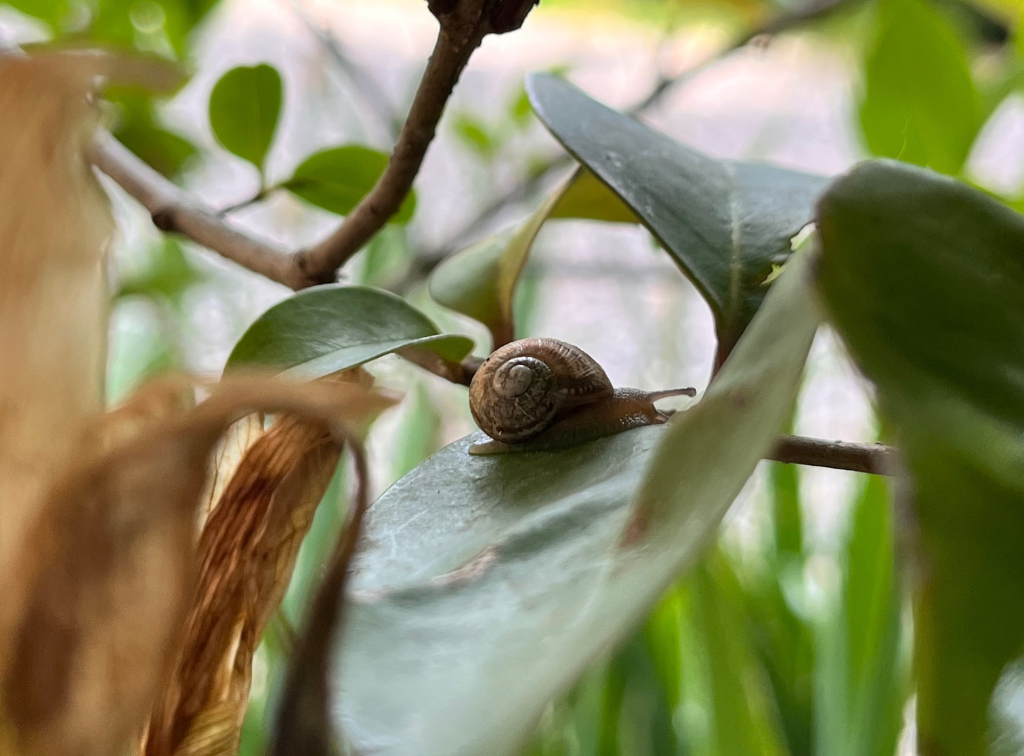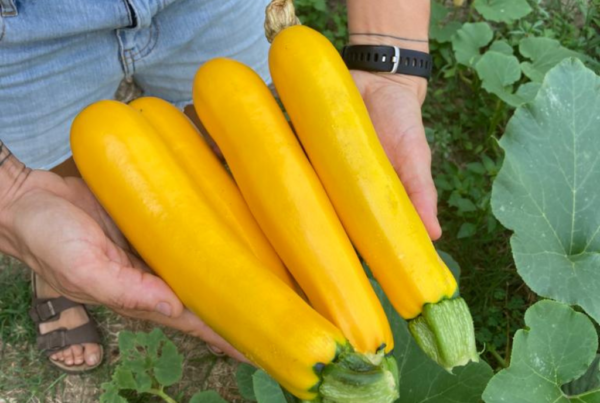Il turismo lento si sviluppa a partire dagli anni Novanta, quando nasce e si afferma anche il movimento dello Slow Food.
Il turismo lento si basa sulla filosofia del viaggiare con calma, secondo cui la persona che viaggia può prendersi il tempo giusto per visitare i luoghi che desidera, esplorarli e scoprirne l’autenticità al proprio passo, senza doversi adattare ai ritmi accelerati tipici del turismo di massa. Capita spesso, infatti, che vacanze organizzate o pacchetti turistici finiscano per trasformarsi in tour frenetici, ricchi di tappe affollate da vedere in poche ore secondo una tabella di marcia piuttosto serrata.
Nel settore turistico, questo tipo di viaggio si traduce inoltre in una maggiore sensibilità nei confronti dell’ambiente e dell’impronta verde di attività e strumenti: spesso chi sceglie di viaggiare lentamente predilige mezzi di trasporto “green” o strutture sostenibili. Ma attenzione a non confondere il turismo lento con l’ecoturismo: per quanto simili, sono infatti due modalità di viaggio ben distinte. Possiamo quindi dire che il turismo sostenibile prevede un approccio molto consapevole al viaggio e a tutto ciò che comporta in termini di consumi e tutela delle risorse, mentre il turismo lento è vicino alla volontà di costruire un’esperienza di viaggio autentica e davvero significativa comunque acquisendo un comportamento attento all’ambiente.
Un altro aspetto fondamentale del turismo lento è l’attenzione alla cultura locale. Invece di limitarsi a visitare le attrazioni turistiche standard, la persona in viaggio che abbraccia questo approccio si dedica alla scoperta delle tradizioni, della gastronomia, della storia e delle persone locali. Può partecipare a eventi locali, esplorare piccoli villaggi, assaggiare piatti tipici e conoscere l’artigianato tradizionale.
I vantaggi del turismo lento
Il turismo lento è quindi un’esperienza che rigenera corpo e spirito, offrendo l’opportunità di:
- contribuire alla salvaguardia dell’ambiente, optando per un approccio sostenibile;
- scoprire tesori nascosti, gioielli artistici, culturali e paesaggistici del mondo;
- allontanarsi dalla frenesia quotidiana;
- immergersi nella cultura e nelle tradizioni delle comunità locali;
- entrare in contatto con le persone del posto;
- sostenere l’economia locale;
- imparare a conoscere la storia e le tradizioni di ogni luogo, arricchendo il proprio bagaglio personale.
CASA BURI – La soluzione perfetta per un soggiorno immersi nella natura
Casa Buri, immersa nella tranquillità e bellezza del paesaggio di Villa Buri, è il luogo ideale per chi cerca un’esperienza di turismo lento a Verona. Gestita dalla cooperativa Panta rei, offre la possibilità di soggiornare in un ambiente accogliente e sereno, lontano dalla frenesia delle vita quotidiana. Qui, le persone ospiti possono godere di passeggiate nella natura circostante, esplorazioni della storia locale e momenti di relax. Casa Buri è perfetta per chi desidera viaggiare all’insegna di un turismo sostenibile e rispettoso dell’ambiente.
SLOW TOURISM: an authentic connection with the local places
Slow tourism has been developing since the 1990s, when the Slow Food movement was born and became established.
Slow tourism is based on the philosophy of travelling slowly, according to which travellers can take their time to visit the places they want, explore them and discover their authenticity at their own pace, without having to adapt to the accelerated rhythms typical of mass tourism. In fact, it often happens that organised holidays or package tours end up turning into chaotic tours, full of crowded stops to be seen in a few hours according to a tight schedule.
In the tourism sector, this type of travel also translates into greater sensitivity towards the environment and the green footprint of activities and tools: those who choose to travel slowly often prefer ‘green’ means of transport or sustainable facilities. But be careful not to confuse slow tourism and ecotourism: although similar, they are in fact two very different travel modes. We can therefore say that sustainable tourism involves a very conscious approach to travel and all that it entails in terms of consumption and the protection of resources, while slow tourism is close to the desire to build an authentic and truly meaningful travel experience while at the same time acquiring an environmentally aware behaviour.
Another fundamental aspect of slow tourism is the focus on local culture. Instead of merely visiting standard tourist attractions, travellers who embrace this approach devote themselves to discovering local traditions, gastronomy, history and people. They can participate in local events, explore small villages, taste typical dishes and learn about traditional handicrafts.
The advantages of slow tourism
Slow tourism is therefore an experience that regenerates body and spirit, offering the opportunity to
- contribute to the preservation of the environment by opting for a sustainable approach
- discover hidden treasures, artistic, cultural and scenic jewels of the world; and
- get away from the daily hustle and bustle;
- immerse oneself in the culture and traditions of local communities;
- get in touch with local people;
- support the local economy;
- learn about the history and traditions of each place, enriching one’s personal baggage.’
CASA BURI – The perfect solution for a slow experience
Casa Buri, immersed in the tranquillity and beauty of the Villa Buri’s landscape, is the ideal place for those seeking a slow tourism experience in Verona. Managed by the Pantarei cooperative, it offers the opportunity to stay in a cosy and serene environment, far from the hustle and bustle of everyday life. Here, guests can enjoy walks in the surrounding nature, explorations of local history and moments of relaxation. Casa Buri is perfect for those who wish to travel in the name of sustainable and environmentally friendly tourism.
REFERENCES – FONTI
“Slow tourism : cos’è il turismo lento” su legambienteturismo.it
“Accademy della SostenibilitàCasaBuri – futura.villaburi.it” su futura.villaburi.it





